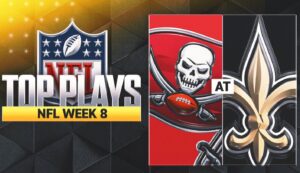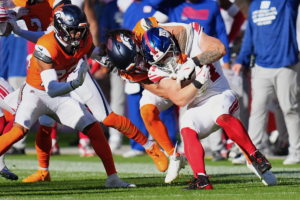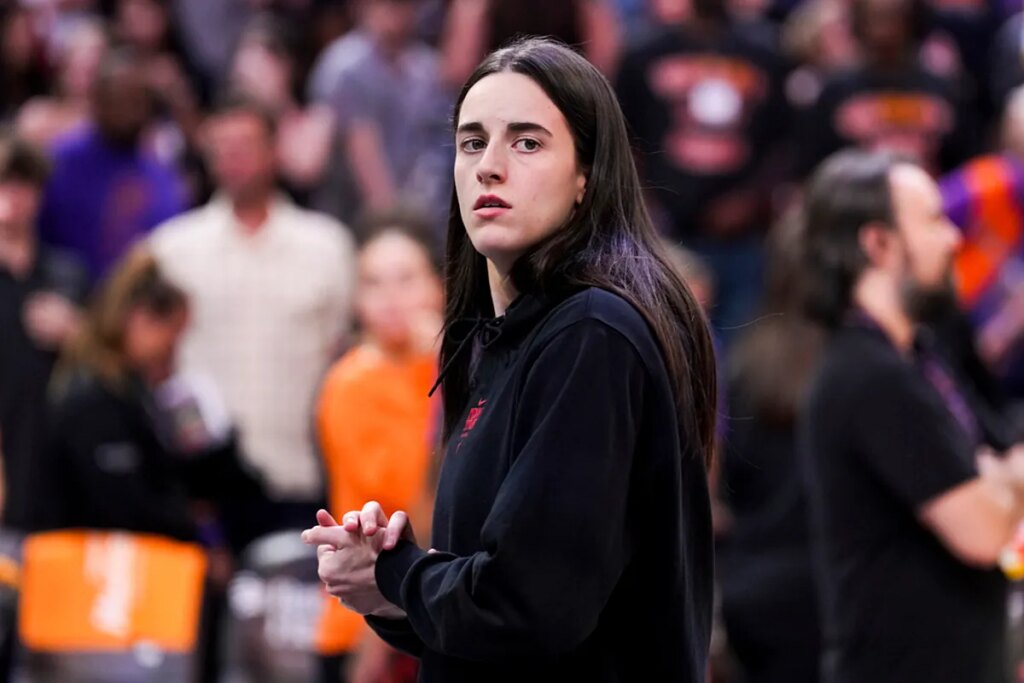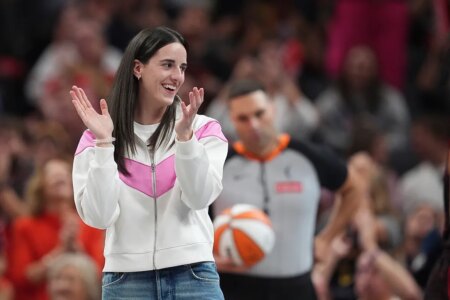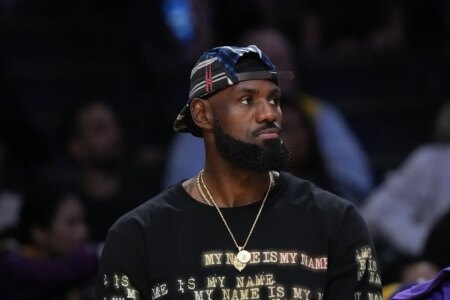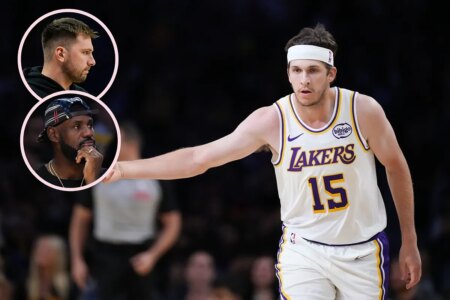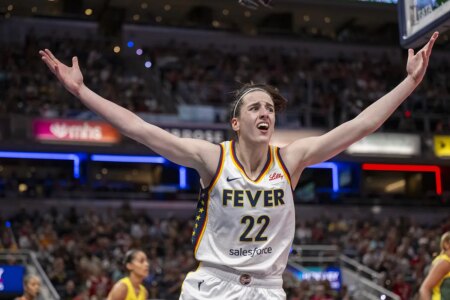Caitlin Clark, the Indiana Fever’s standout guard, has rapidly become one of the most talked-about players in the WNBA. Known for her scoring ability, leadership on the court, and competitive spirit, Clark has captured the attention of fans and media alike.
However, recent talk surrounding her training have sparked a wave of discussion and controversy, highlighting the challenges that top athletes face in managing professional relationships while maintaining their autonomy.
The latest incident involves NBA trainer Chris Brickley, who recently commented on Clark during an interview. Brickley praised her skill and influence on the sport, saying she is “the reason why the WNBA has become so big” and expressing interest in working with her.
However, he also revealed that he had declined to travel to Indiana to train her, suggesting instead that Clark come to New York for training. Fans quickly reacted to this, interpreting Brickley’s remarks as self-serving and critical, with many suggesting that Clark had good reasons for turning down his offer.
One fan commented, “Clearly, she turned him down for a reason. Seems like she made the right decision, considering he just name-dropped her in a negative way.”
Another wrote: “No we’re good with Connor McCaffery training us.”
Clark’s rise and the challenges she faces
Clark’s journey to the WNBA has been impressive but not without obstacles. After an exceptional college career, she transitioned to the professional league and immediately became a cornerstone for the Indiana Fever. Her performances have not only drawn large crowds but also increased overall interest in women’s basketball.
Despite this success, Clark has faced setbacks, most notably a season-ending groin injury that sidelined her for much of the previous season. Nevertheless, her determination and resilience have kept her at the forefront of the league, earning admiration from fans and fellow athletes alike.
The incident with Brickley sheds light on the broader dynamics athletes navigate in the public eye. Trainers and coaches often seek to collaborate with high-profile players, but public comments can backfire if they appear to undermine the player’s agency or exploit their image.
In Clark’s case, the backlash reflects fans’ expectations that athletes’ choices and boundaries are respected. Public scrutiny can intensify these situations, as seen in the responses from social media.
Looking ahead, the focus remains on Clark’s recovery and preparation for the upcoming season. Support from fans and fellow players, including messages from figures like LeBron James, underscores the solidarity within the basketball community.
Clark’s situation serves as a reminder of the careful balance athletes must maintain between professional relationships, media attention, and personal well-being.
Read the full article here

